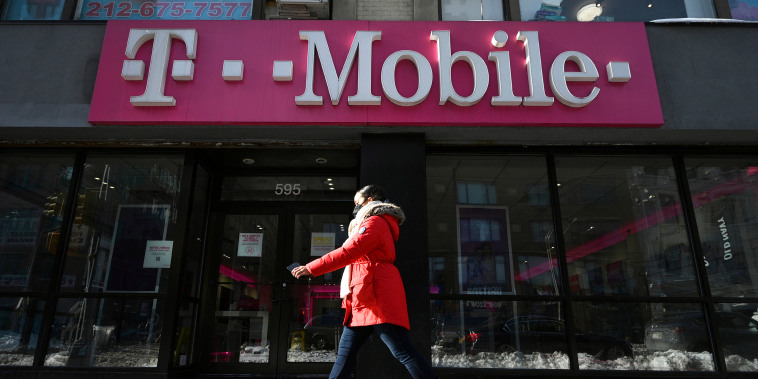T-Mobile Sued After Employee Steals Nude Images from Customer Phone During Trade-In
T-Mobile has been hit with a lawsuit, alleging that one of its employees stole nude images from a customer’s phone during a trade-in process. The plaintiff is a female from California who alleges that the employee unlawfully copied nude images she had stored on her phone and disseminated them to other persons without her consent or knowledge.
The lawsuit was filed in a California court and accuses the cell phone carrier of “negligence, violation of privacy, and negligence infliction of emotional distress”. It goes on to add that “T-Mobile consciously ignored its security protocols in order to gain economically from trade-in customers when it knew that its employee had access to the confidential information of the trade-in customer”.
The plaintiff claims that the employee transferred her nude images to a personal electronic device. The suit goes on to allege that the employee had a “systematic pattern of stealing and transferring customers trade-in devices’ sensitive information”.
The suit seeks damages for emotional distress, humiliation, embarrassment, and loss of privacy. The plaintiff is also seeking punitive damages to deter T-Mobile from disregarding its customers’ expectations of privacy and security in the future.
This incident has sparked outrage among customers, and in hindsight, does seem to reveal a lack of security protocols from the company’s side. It is unclear if the company investigated the matter internally prior to the filing of the lawsuit.
Trade-in customers should be aware of the potential risks involved in the process. Additionally, due to the apparent lack of security protocols followed by T-Mobile, it could be wise to check their conditions of use before engaging in any trade-in process.
This case offers a jarring reminder of the security risks posed by technology in our modern world. Customers should always remain vigilant when it comes to such matters as their data and private information is at the risk of being improperly accessed. This case serves to further emphasize the need for companies to put in place strict security protocols to protect their customers’ data.






